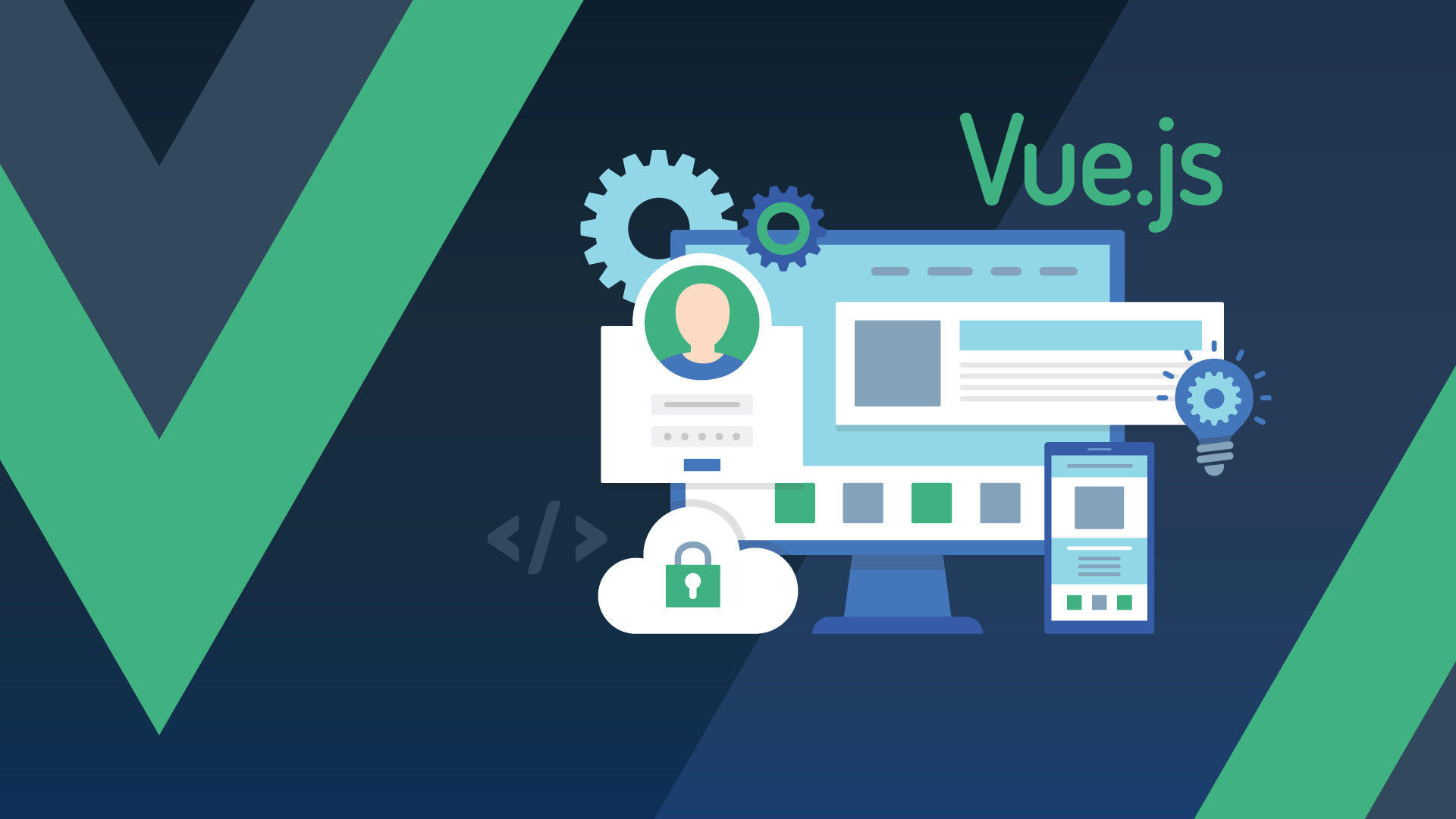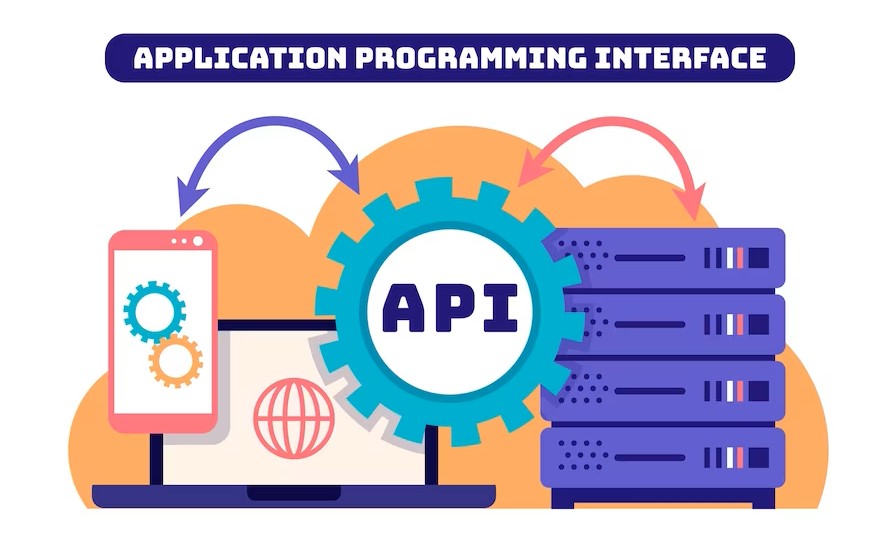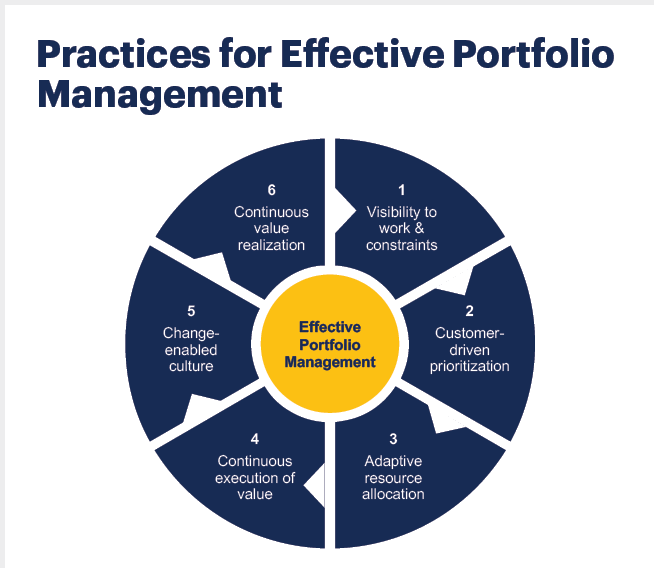Top 10 Backend Choices for Vue.js Development
Vue.js has gained immense popularity among developers as a versatile and powerful JavaScript framework for building user interfaces. When it comes to developing Vue.js applications, choosing the right backend is crucial for handling server-side logic, data storage, and API integrations. In this blog post, we will explore the top 10 backend choices for Vue.js applications, considering factors such as ease of use, performance, community support, and scalability. Let’s dive in and discover the backend options that perfectly complement Vue.js.
Express.js
Express.js is a lightweight and flexible Node.js web application framework. It provides a minimalistic approach to building web servers and APIs, making it a popular choice for Vue.js developers. Express.js offers a wide range of middleware and robust routing capabilities, allowing developers to create scalable and efficient backend systems.
Nest.js
Nest.js is a progressive Node.js framework that leverages TypeScript and follows a modular and scalable architectural pattern. It provides a solid foundation for building enterprise-grade applications with Vue.js. Nest.js offers features like dependency injection, decorators, and a powerful module system, making it an excellent choice for complex Vue.js projects.
Adonis.js
Adonis.js is a full-featured MVC framework for Node.js, inspired by Laravel. It provides a robust set of tools and conventions for building scalable and maintainable backend applications. Adonis.js offers features like ORM, authentication, and real-time communication, making it a compelling choice for Vue.js developers.
Customizing Node.js Configuration with Environment-Specific .env Files
Django
Django is a high-level Python web framework that follows the Model-View-Controller (MVC) architectural pattern. It provides a rich set of features, including an ORM, authentication, and an admin interface. Django’s versatility and strong community support make it an attractive backend option for Vue.js applications.
Ruby on Rails
Ruby on Rails, often referred to as Rails, is a popular web framework written in Ruby. It emphasizes convention over configuration and follows the MVC pattern. Rails provides an extensive set of libraries and tools, making it easy to build robust and scalable backend APIs for Vue.js applications.
Laravel
Laravel is a PHP web framework known for its elegant syntax and expressive features. It offers a wide range of tools and features, including ORM, routing, and authentication. Laravel’s simplicity and extensive documentation make it a favorite backend choice for Vue.js developers.
Flask
Flask is a lightweight Python web framework that focuses on simplicity and extensibility. It provides a solid foundation for building RESTful APIs and backend systems. Flask’s minimalistic approach and flexibility make it an excellent backend option for Vue.js applications that require a lightweight and customizable backend.
ASP.NET Core
ASP.NET Core is a cross-platform, open-source web framework developed by Microsoft. It supports multiple programming languages, including C# and F#, and provides a powerful ecosystem for building high-performance backend applications. ASP.NET Core’s scalability and performance make it a suitable choice for enterprise-level Vue.js applications.
Firebase
Firebase is a comprehensive mobile and web development platform offered by Google. It provides a wide range of backend services, including authentication, real-time database, cloud functions, and hosting. Firebase’s ease of use and real-time capabilities make it an attractive option for Vue.js developers looking for a serverless backend solution.
Submariner Full Black Gold watch
GraphQL
GraphQL is a query language for APIs and a runtime for executing queries with existing data. It is not a specific backend framework but rather a data query and manipulation language. Vue.js applications can benefit from GraphQL by integrating it with backend frameworks such as Apollo Server or Hasura, enabling efficient and flexible data fetching.
Selecting the right backend for Vue.js applications is essential for building scalable, performant, and feature-rich web applications. The top 10 backend choices mentioned in this blog post, including Express.js, Nest.js, Django, Ruby on Rails, Laravel, Flask, ASP.NET Core, Firebase, and GraphQL, offer diverse options catering to different preferences and project requirements.
Consider factors such as your familiarity with the programming language, the specific features and scalability needs of your Vue.js application, and the level of community support and documentation available for the chosen backend framework. By making an informed decision and leveraging the capabilities of these backend options, you can build robust and efficient Vue.js applications that meet your project’s needs and exceed user expectations.













